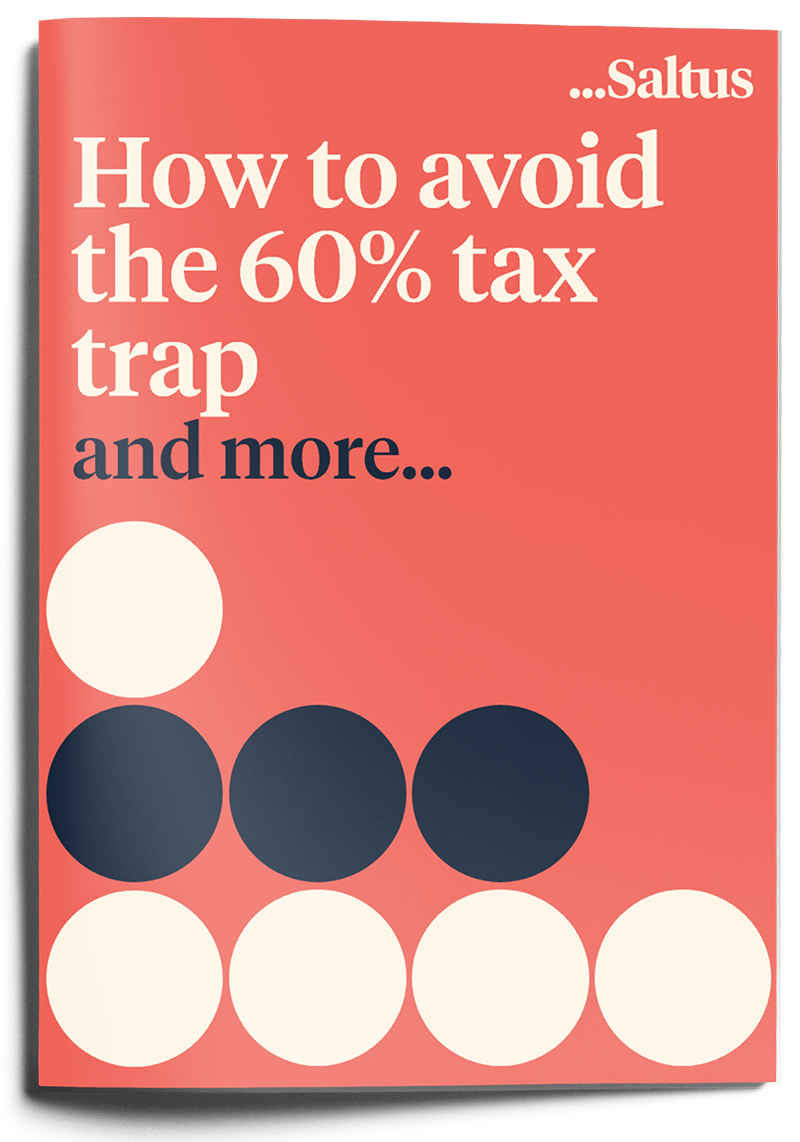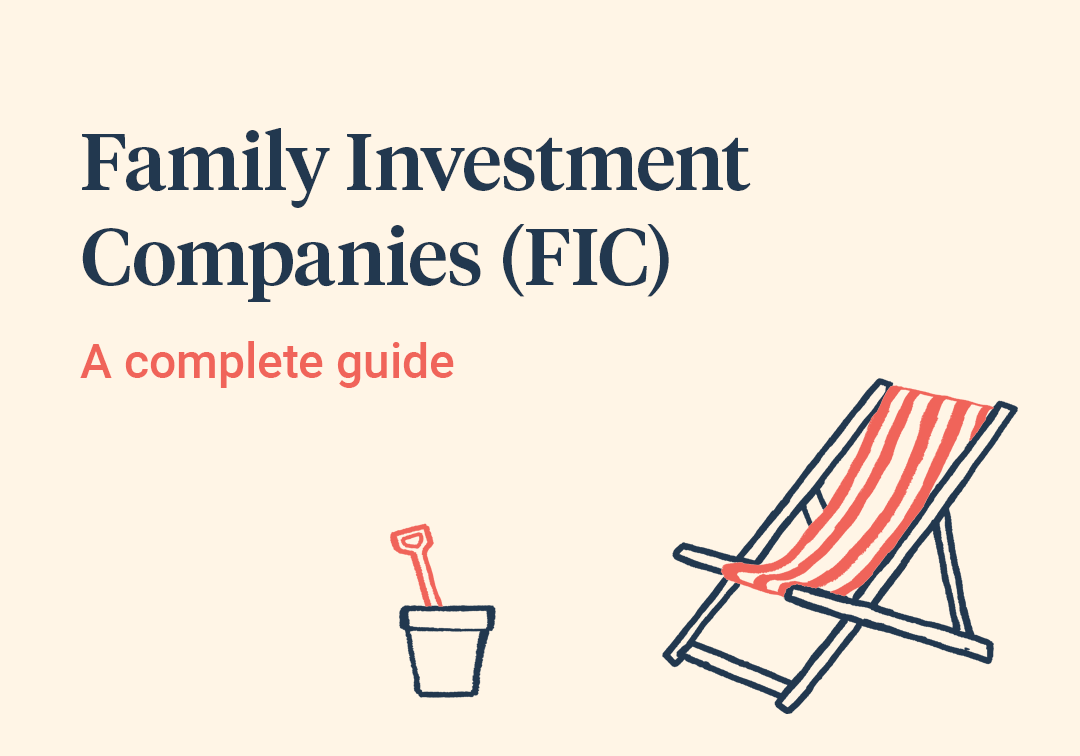The end of the tax year is nearly here, which means there are plenty of things you could be doing to tighten up your tax-efficiency. To make your life a little easier, I have created a list of ‘five money must dos’, which you can concentrate on before the 5th of April arrives.
In reality, these will vary from person to person, depending on your current circumstance, but I have aimed to ensure this list targets the core things that almost everybody should focus on.
I have also discussed some of these ‘must dos’ in my other videos, so check them out if you want further detail:
ISAs : ISAs – The 10% income boost you could be missing out on | Saltus
Pension contributions: An investment that gives a 72% return overnight | Saltus
For those earning over £100,000: Earning over 100k? How to avoid the 60% tax trap | Saltus
Do you need help with your financial planning?
Our advisers can create a financial plan to help you achieve your financial goals, whether it’s a comfortable retirement, improving your tax position or passing on your wealth. Get in touch to discuss how we can help you.

- Use your ISA. You can currently put up to £20,000 a year in an ISA, and, once it’s in there, it’s completely free of income and capital gains tax. Whilst you may well have paid income tax on the earnings you put into your ISA, there will be no further tax to pay when you come to access your money. This tax-free environment makes Stocks and Shares ISAs an excellent vehicle when growing your wealth!
- Make pension contributions. Pensions might sound boring to most people, but they are actually one of the most phenomenal vehicles for growing your money. If your contributions are made via salary sacrifice then your pension contributions will be gross of income tax and National Insurance. If you’re a higher-rate taxpayer, the potential tax saving is equivalent to a 72% return on your net contribution just by putting the money into a pension. If you want to make additional contributions before the end of the tax year, you can either do this via your employer or simply contact the pension provider directly and make an ad hoc contribution.
- If you’re earning over £100,000 – avoid the 60% tax trap. If you earn over £100,000, you’ll be losing your tax-free personal allowance and some of your income will effectively be taxed at 60%! For every £2 earned over the £100,000 threshold, £1 of personal allowance is lost. If you earn £125,140, you’ll lose your personal allowance in its entirety. By making pension contributions, you can reduce your taxable income and potentially reclaim your personal allowance. So, get it right and that’s an extra £12,570 out of the tax man’s grasp.
- Make use of an industry secret known as ‘carry forward’. Each year, most people can make pension contributions up to a limit of £60,000, known as the ‘annual allowance’. Although, the allowance does taper down for those earning in excess of £260,000. Go over this limit, and HMRC will look to claw back any tax relief you received. However, if you have used up your current year’s pension allowance, you can also look back over the past three tax years to make up for any previous unused allowance. This means you could theoretically put as much as £140,000 into your pension in a single tax year. You’ll then receive 20% in relief from your pension provider, immediately turning this £140,000 into £180,000. Now, there are some nuances that can impact just how much you can put into your pension in a single tax year. It’s a fantastic thing, though, if you can make use of it as there aren’t many other ways people can make £40,000 with such little effort.
How to avoid the 60% tax trap and more…

Did you know that people earning over £100,000 can pay an effective tax rate of 60%?
- If you have any unrealised capital gains, make disposals up to your annual capital gains tax allowance of £6,000. Do this properly and you should be able to reduce your tax exposure every single year. It’s even more important this tax year as the chancellor announced the capital gains tax allowance is being reduced to £3,000 in April.
So, if you’re not sure what you should do before the end of the tax year, hopefully, my five ‘must dos’ will make your life a little bit easier. Don’t wait too long – it’s nearly here!
Do you need help with your financial planning?
Our advisers can create a financial plan to help you achieve your financial goals, whether it’s a comfortable retirement, improving your tax position or passing on your wealth. Get in touch to discuss how we can help you.

Article sources
Editorial policy
All authors have considerable industry expertise and specific knowledge on any given topic. All pieces are reviewed by an additional qualified financial specialist to ensure objectivity and accuracy to the best of our ability. All reviewer’s qualifications are from leading industry bodies. Where possible we use primary sources to support our work. These can include white papers, government sources and data, original reports and interviews or articles from other industry experts. We also reference research from other reputable financial planning and investment management firms where appropriate.
Saltus Financial Planning Ltd is authorised and regulated by the Financial Conduct Authority. Information is correct to the best of our understanding as at the date of publication. Nothing within this content is intended as, or can be relied upon, as financial advice. Capital is at risk. You may get back less than you invested. Tax rules may change and the value of tax reliefs depends on your individual circumstances.
About Saltus?
Find out more about our award-winning wealth management services…
Winner
Best Wealth Manager
Winner
Investment Performance: Cautious Portfolios
Winner
Top 100 Fund Selectors 2024
Winner
Best Places to Work 2024
£8bn+
assets under advice
20
years working with clients
350+
employees
97%
client retention rate


